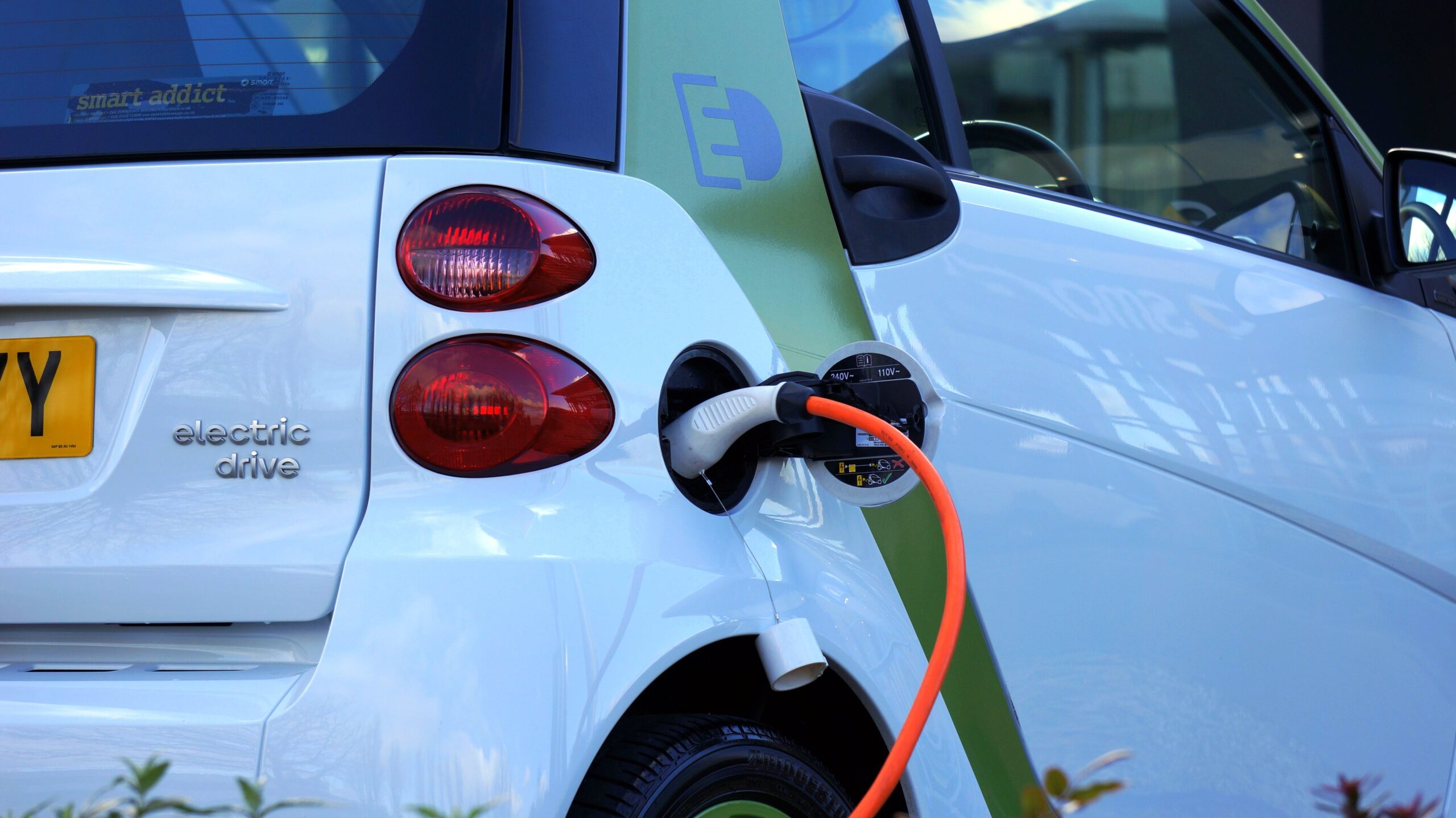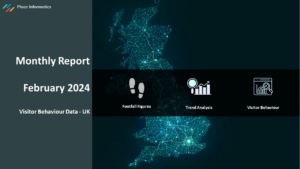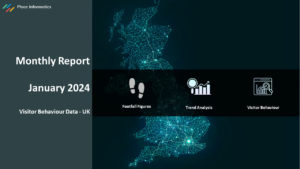In today’s rapidly evolving world, the rise of electric vehicles (EVs) is transforming not just the automotive industry, but also how visitors to retail sites view and experience retail and leisure environments. With the push towards consumer environmental responsibility and the estimated number of battery electric vehicles (BEVs) set to increase to 10 million by 2030 – electric vehicle charging stations have emerged as an essential amenity for retail and leisure sites.
2023’s Surge in Electric Vehicle Charging Stations
The global shift towards a greener future has fuelled exponential growth of electric vehicle adoption. According to Zapmap, there are around 840,000 fully electric cars on UK roads and a further 520,000 plug-in hybrids. As more consumers opt for EVs, the demand for convenient charging solutions has skyrocketed.
Out of town retail and leisure sites, from shopping centres to leisure parks, are seizing the opportunity to cater to this expanding market by incorporating EV charging stations into their infrastructure. Utilising retail footfall data analytics allows these businesses to drive informed business decisions. Our cutting-edge solutions provide valuable insights into customer behaviour, helping you optimise locations, improve marketing strategies, and increase sales conversions.
Here are just some of the advantages to incorporating data analytics into your business model:
Attracting An Eco-Conscious Demographic
Retail businesses that provide EV charging stations position themselves as leaders in sustainability. With environmental concerns at the forefront of most consumers’ minds, offering EV charging becomes a strong statement of commitment to a greener future. Eco-conscious consumers are more likely to choose retailers that share their values, and this can translate into increased foot traffic and customer loyalty.
Fulfilling the UK’s Net Zero Carbon Commitment
The UK’s ambitious pledge to achieve net zero carbon emissions by 2050 is steering businesses towards more sustainable practices. By integrating EV charging infrastructure, retail sites play a crucial role in supporting the national agenda. Aligning with government initiatives not only demonstrates social responsibility, but can also lead to positive brand recognition.
Generating Extra Revenue
Retailers can generate additional revenue streams by setting reasonable fees for EV charging services. As customers park their EVs to recharge, they may be inclined to explore the retail space and make purchases. This dual benefit of charging services and potential shopping activity can contribute significantly to a site’s overall return on investment.
EV Market Growth Factors:
The growth of the electric vehicle (EV) market is driven by several key factors. Consumer demand is rising as more individuals choose EVs for environmental reasons, cost-effectiveness, and technological advancements. Government policies, including incentives, subsidies, and regulations, greatly influence EV adoption, with many countries promoting EVs through tax incentives and infrastructure investments. Major automakers are actively investing in EV production and expanding their EV product offerings, contributing to market expansion. The development of charging infrastructure is also pivotal, as the availability and accessibility of charging networks are crucial
Overall, while the growth of the EV market is rapid and promising, the exact timing of a market downturn is difficult to predict. a complex interplay of factors will determine if both supply and demand are met as we look forward.. It is clear however, that the industry is in a race to install infrastructure at pace, and meet rising demand for electric vehicles at present.
Optimising EV Charger Selection and Placement
Strategically placing EV charging stations requires a data-driven approach, and this is where visitor movement and dwell time insights become invaluable tools. By analysing customer behaviour, retailers can:
Discover High-Traffic Zones: Use interactive density maps to pinpoint high or low traffic areas around the retail location and car park. Placing stations in these strategic zones will ensure maximum utilisation, making out-of-town sites go-to destinations for EV charging, enhancing revenue prospects.
Enhance Dwell Time: Analyse customer dwell time to determine ideal charger placement for EV users. Installing charging stations where visitors spend most of their time will no doubt encourage longer stays, leading to increased chances of store sales and engagement.
Tailor EV Charger Selection: By studying visitor demographics and movement patterns, retail site owners can select the types of charging stations that align with their customer base. Whether it’s fast chargers for retail sites with visitors preferring short stops such as near food to go offerings or slower chargers for extended stays at cinemas or leisure parks, tailoring for each site could enhance user satisfaction, which in turn, will foster repeat visits.
New Tenants: Utilise accurate movement data to draw in new tenants and traders to a retail site or leisure park. As an added advantage to securing tenant agreements by leveraging EV infrastructure to predict increased footfall, benefitting all site owners, retailers and customers.
Tracking Performance through footfall analytics
Incorporating footfall analytics into the measuring of an electric vehicle (EV) charging location’s performance can provide unique insights into the overall efficiency of charging infrastructure in retail or public locations.
Dwell Time Analysis
Track how long people spend in the vicinity of the charging stations. This metric can help determine if users are spending time waiting for their vehicles to charge and if there are opportunities for them to engage with retail or leisure offerings nearby.
Customer Engagement
Assess how footfall and charging behaviour impact customer engagement with nearby businesses or retail establishments. For example, track whether users make purchases, visit stores, or dine at nearby restaurants while their vehicles charge.
Placement and layout
Optimise the placement of charging stations based on high-traffic areas, allowing users to conveniently access both charging services and nearby amenities.
Improve marketing efforts
Leverage footfall insights to create targeted marketing campaigns or promotions to attract EV users to retail or leisure locations.
By incorporating footfall analytics into your EV charging performance tracking, you can gain a holistic understanding of how charging stations are integrated into the overall visitor experience, and a firm understanding of their impact to your bottom line.
Supercharge Your Retail Site with Data-Driven Insights
As we accelerate towards a sustainable future, EV charging stations have become a vital necessity and a gateway to growth for retail sites.
Discuss the power of visitor movement and customer behaviour data for your out-of-town retail destination with a member of our team today on 0161 706 1343 or drop us an email at info@placeinformatics.com.






